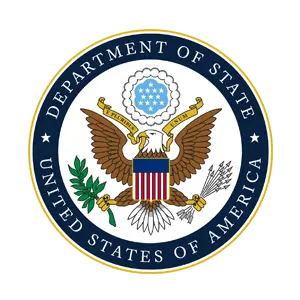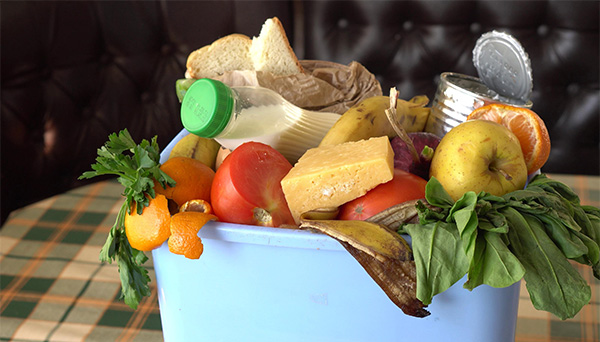Stimulating Behavioral Changes to Reduce Food Loss and Waste (FLW) in North America and Expanded Promotion and Uptake of Related CEC FLW Resources
Status: Active
Operational Plan: 2023
Project Duration: 18 months
Start date: May 1, 2024
The CEC Council has acknowledged the importance to further build upon the success of past CEC FLW projects, and continue to demonstrate CEC leadership and visibility to support FLW reduction in North America. Given this, the CEC continues its work on a new project with a focus on developing new and relevant material, while assisting local policymakers, communities, and other stakeholders on designing and implementing actions and policies to stimulate behavioral changes to reduce FLW. The project also allows to continue efforts to expand promotion and uptake in North America of the existing CEC FLW resources and address the current momentum by supporting the growing stakeholder demand for CEC leadership and FLW resources, particularly for the “Food Matters Action Kit” and the “Practical Guide on Why and How to Measure Food Loss and Waste”.
To find out more about this project, here is the complete project description.

Issues
- Food loss and waste (FLW) continues to be an important issue in Canada, Mexico and the United States, where close to 170 million tonnes of food produced for human consumption are lost and wasted each year across the food supply chain, including in pre-harvest and consumer sectors.
- As if all this waste of food was not impactful enough, FLW is also a very significant source of greenhouse gases! As food and waste biodegrades under anaerobic conditions in landfills, methane, a powerful greenhouse gas (GHG) that is more than 80 times greater than carbon dioxide (CO2) over a 20-year period, is produced.
- Evidence supports that FLW prevention, reduction and diversion can support timely and meaningful reductions in short-lived climate pollutants, like methane, which contribute to climate change, degrade air quality and threaten human health. FLW is also linked to other adverse environmental and socio-economic impacts, including inefficient use of natural resources, biodiversity loss, food insecurity, and economic losses throughout the food supply chain.
Aim
Building on previous CEC FLW projects, this follow-up project will enable the CEC to continue its current momentum and visibility in awareness-raising of FLW issues, promoting related existing CEC products, and developing new CEC products to promote behavioral changes and further support FLW reduction in North America. Reinforcing partnerships across North America and increase the uptake of CEC material are also at the core of the project.
Deliverables
- A Guide for Practitioners on when and how to apply different theories of behavioral change in practice to improve the uptake and effectiveness of programs and other types of public-facing interventions to reduce FLW, which will build and expand upon related work, including related Champions 12.3 guidance.
- Continued dissemination and use of new and existing CEC FLW content and support to stakeholders in the uptake of this content (priority will be given to local governments and communities, including indigenous communities).
Related Projects
Contact
For more information about this project or to partner with us, contact:
Armando Yáñez Sandoval
Head of Unit, Green Growth





